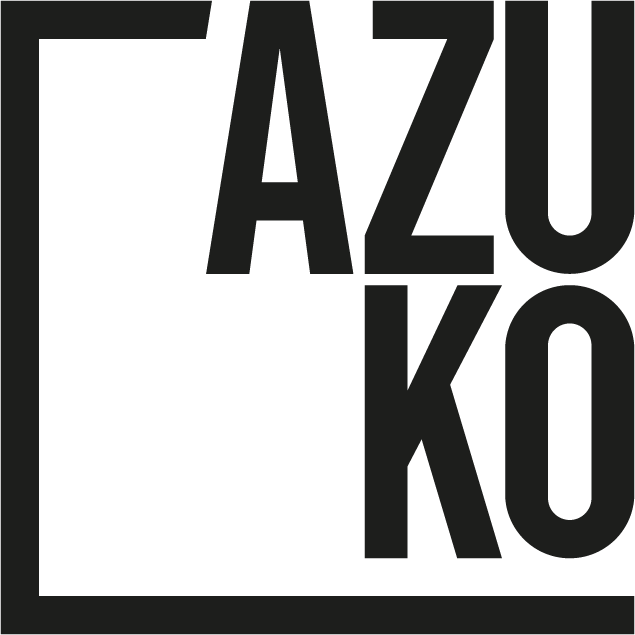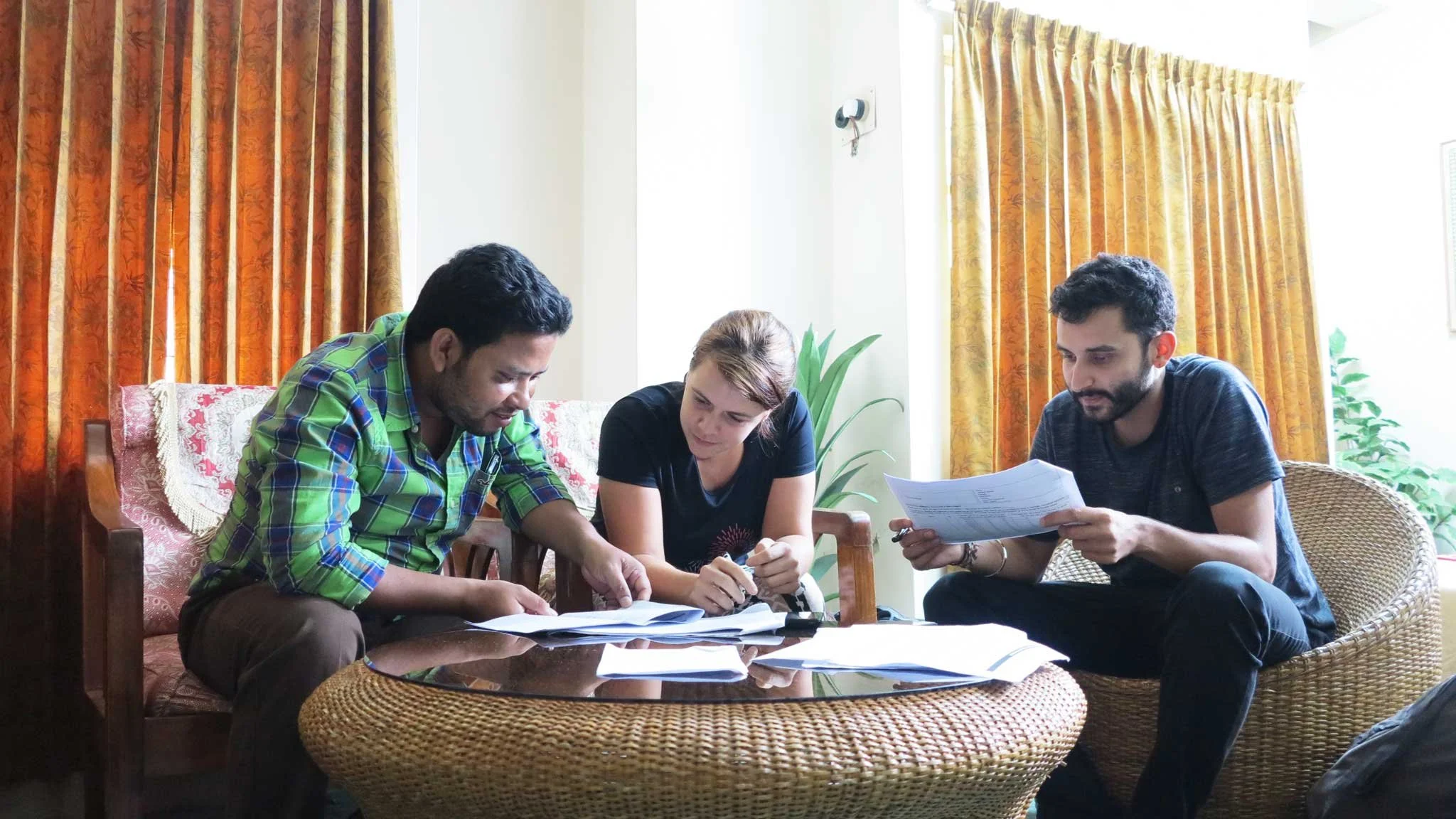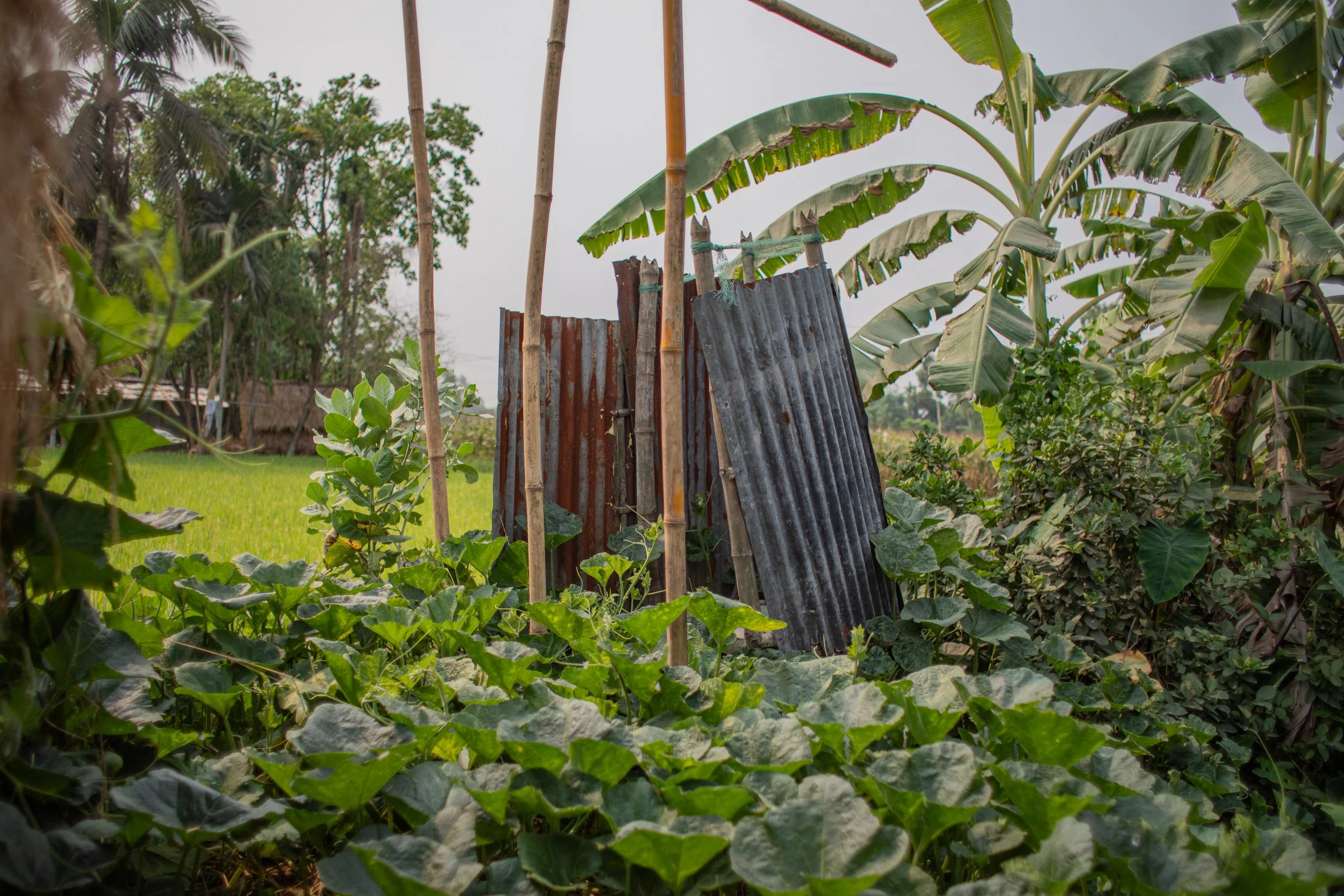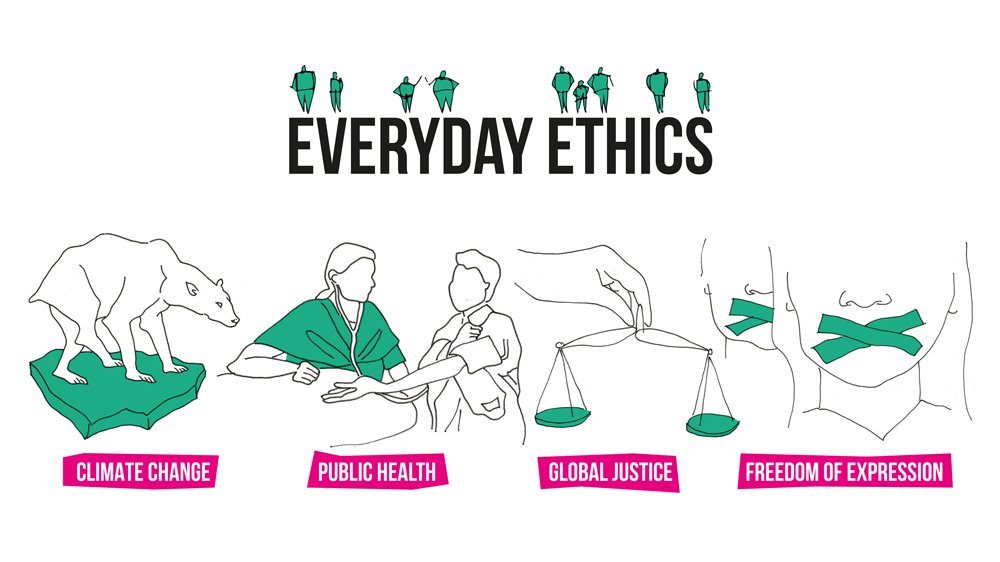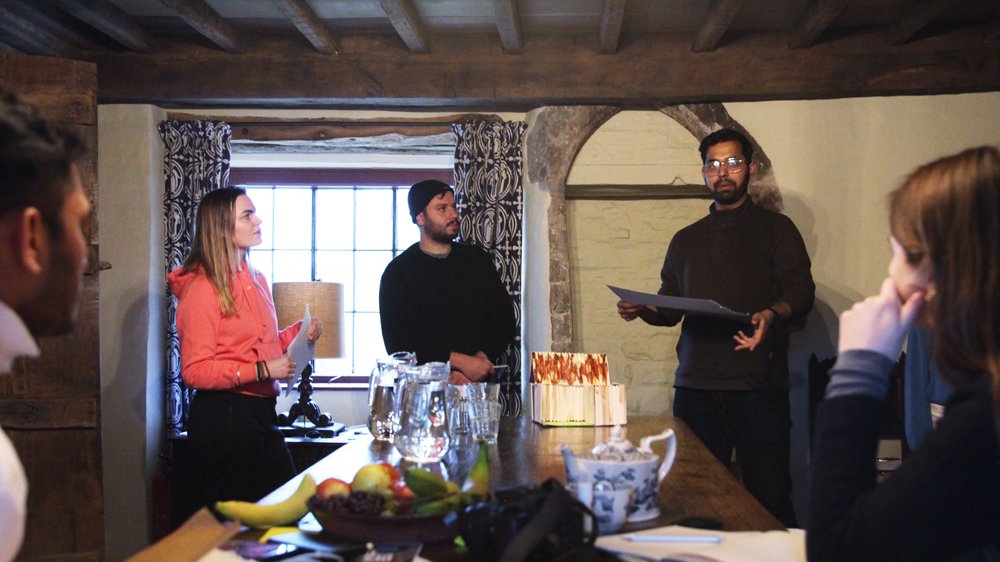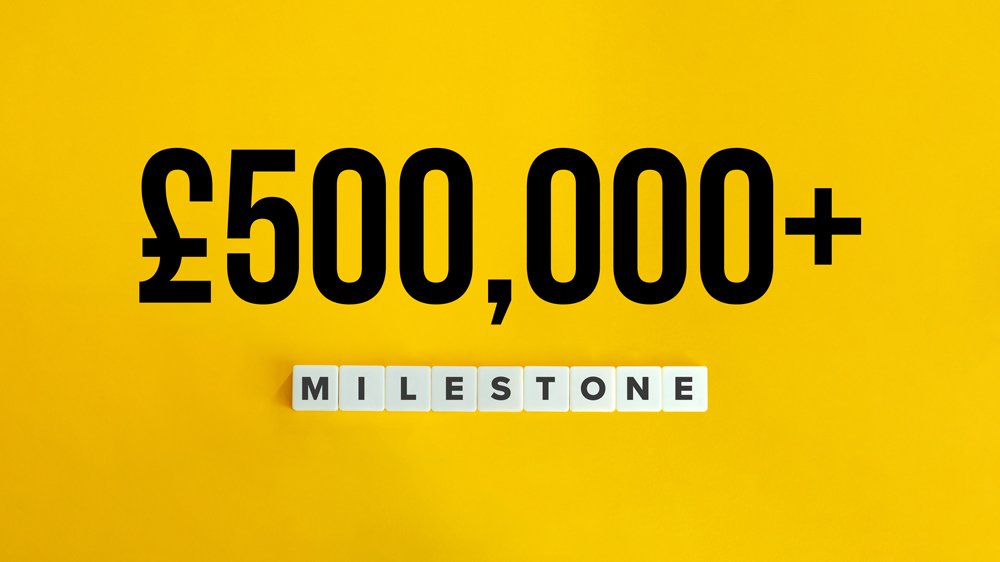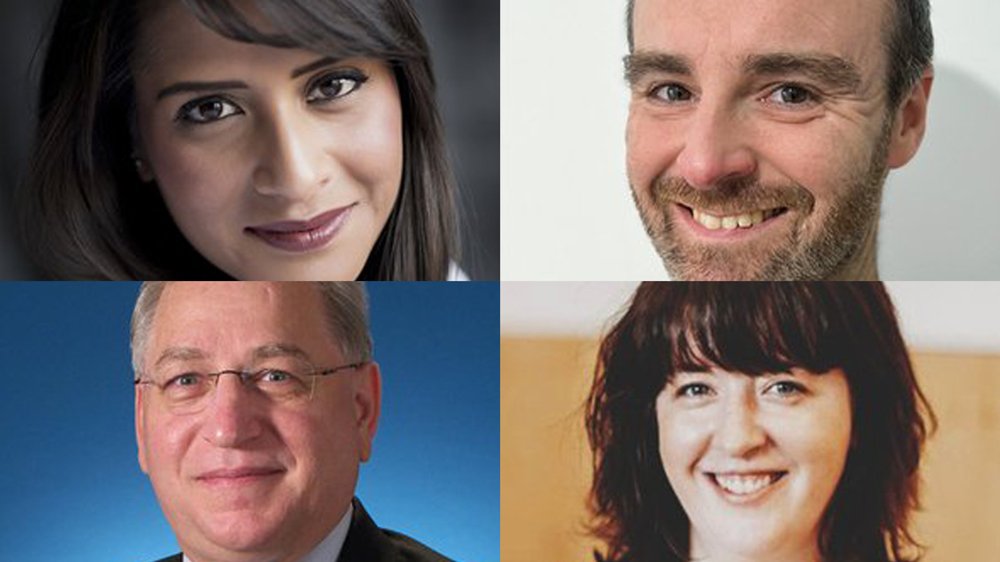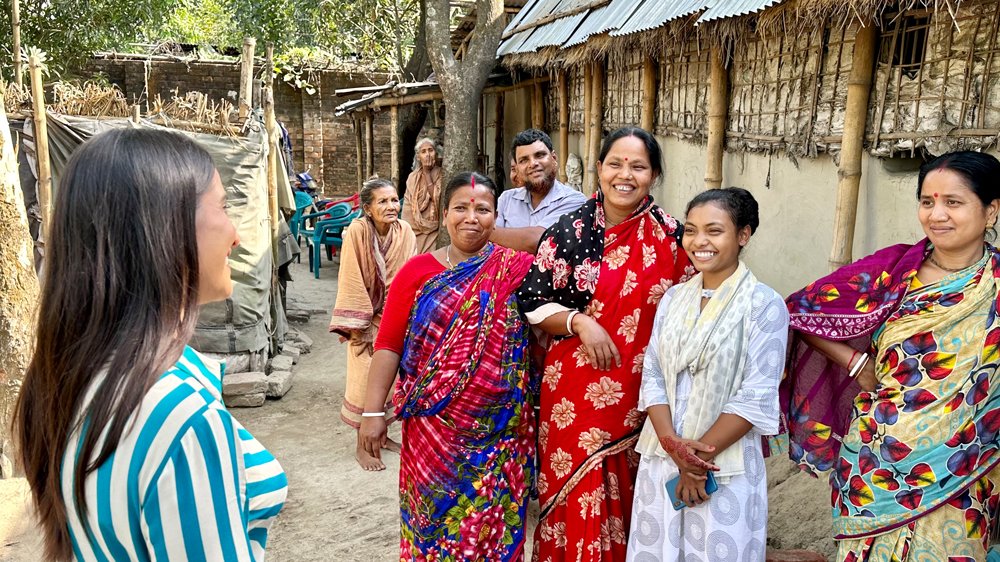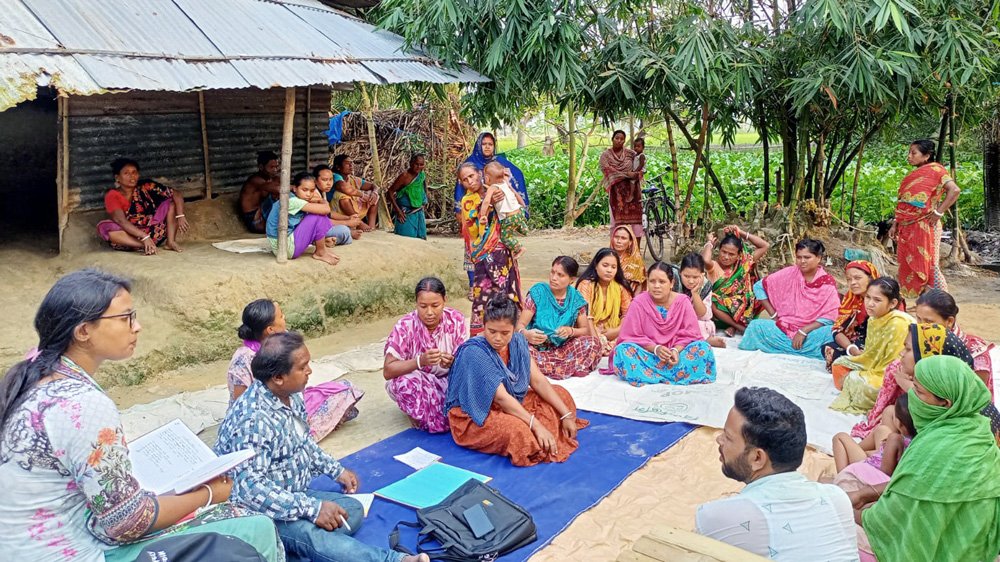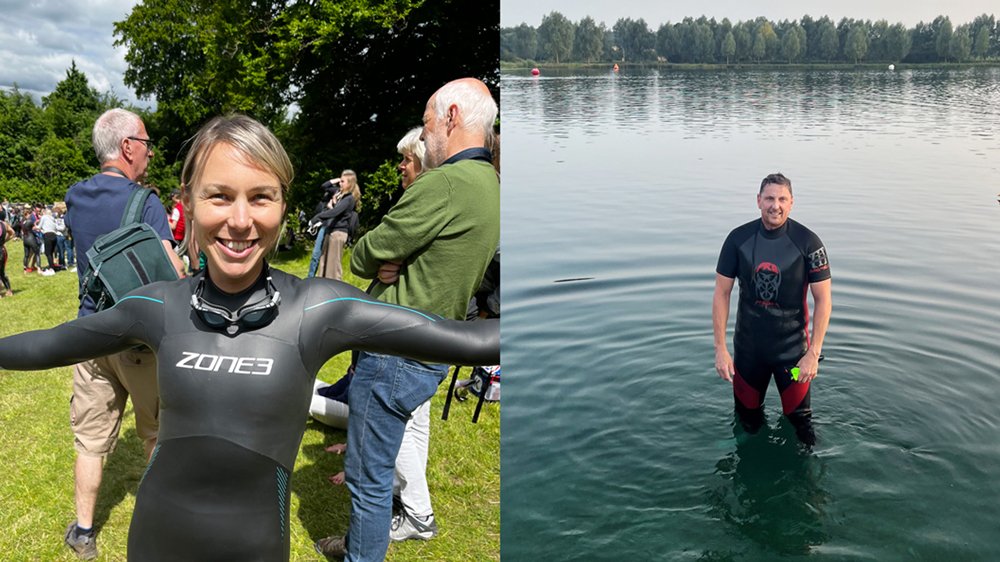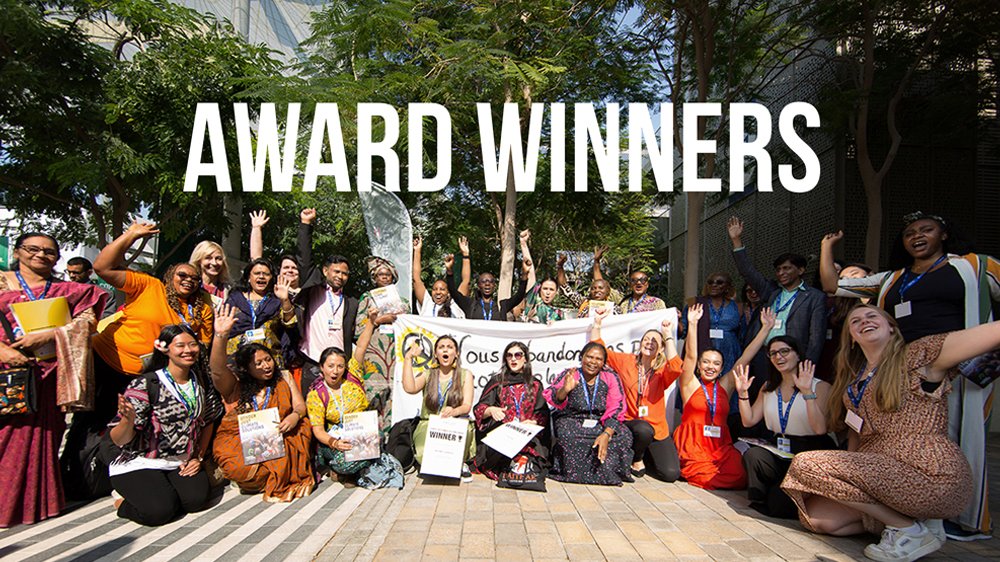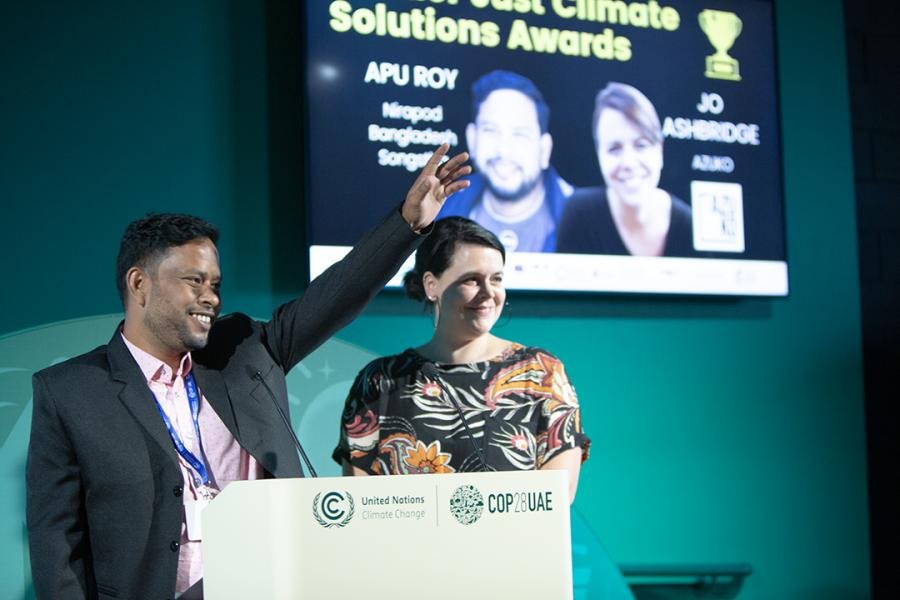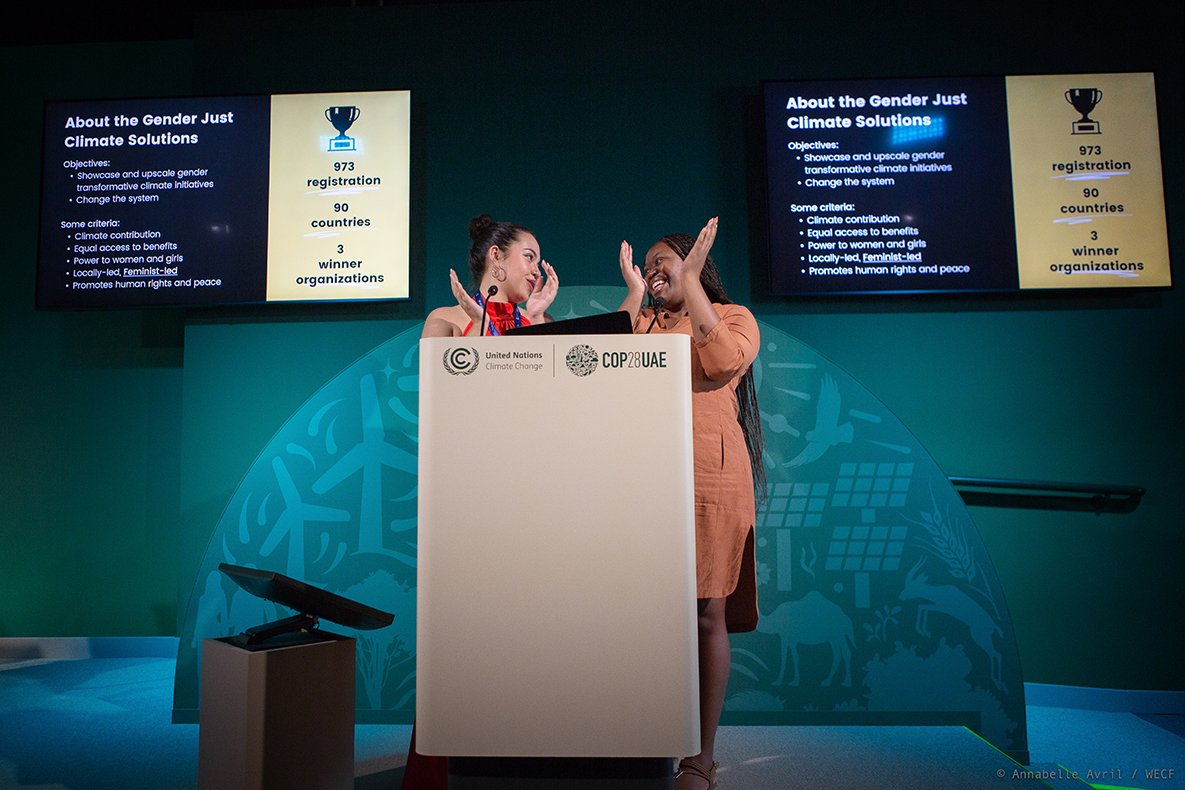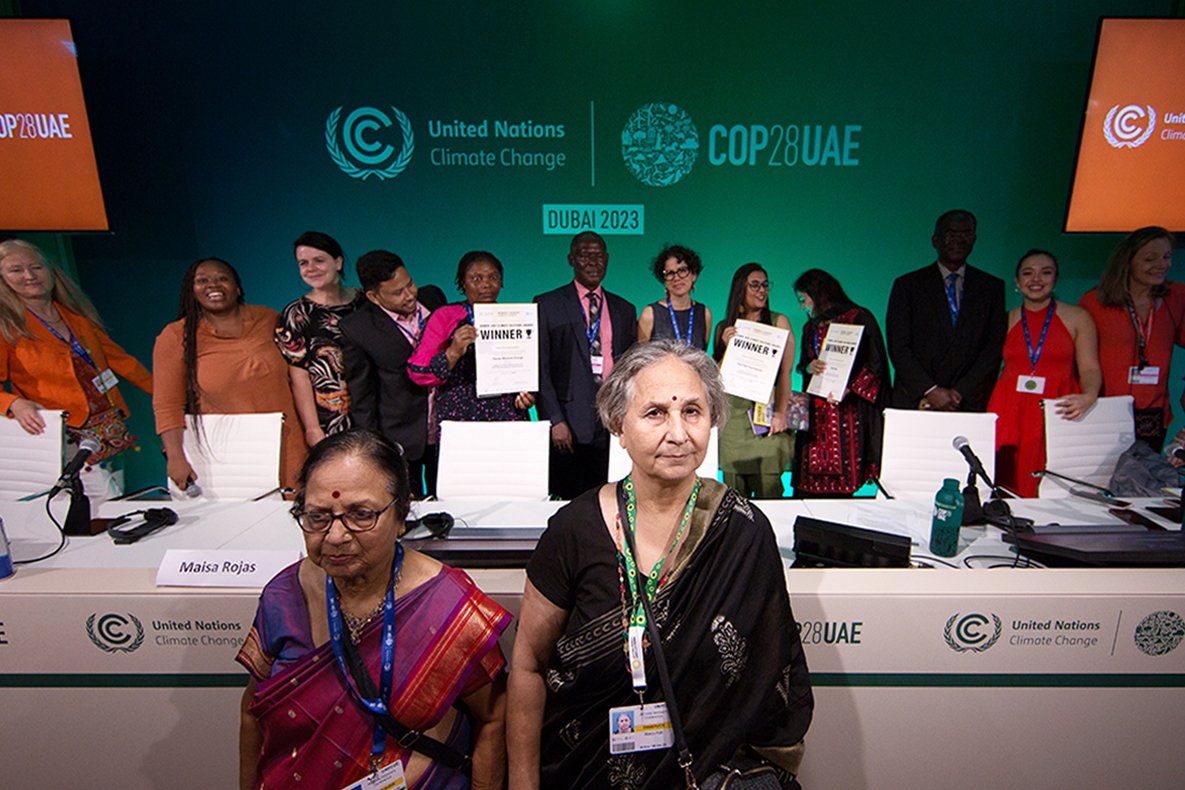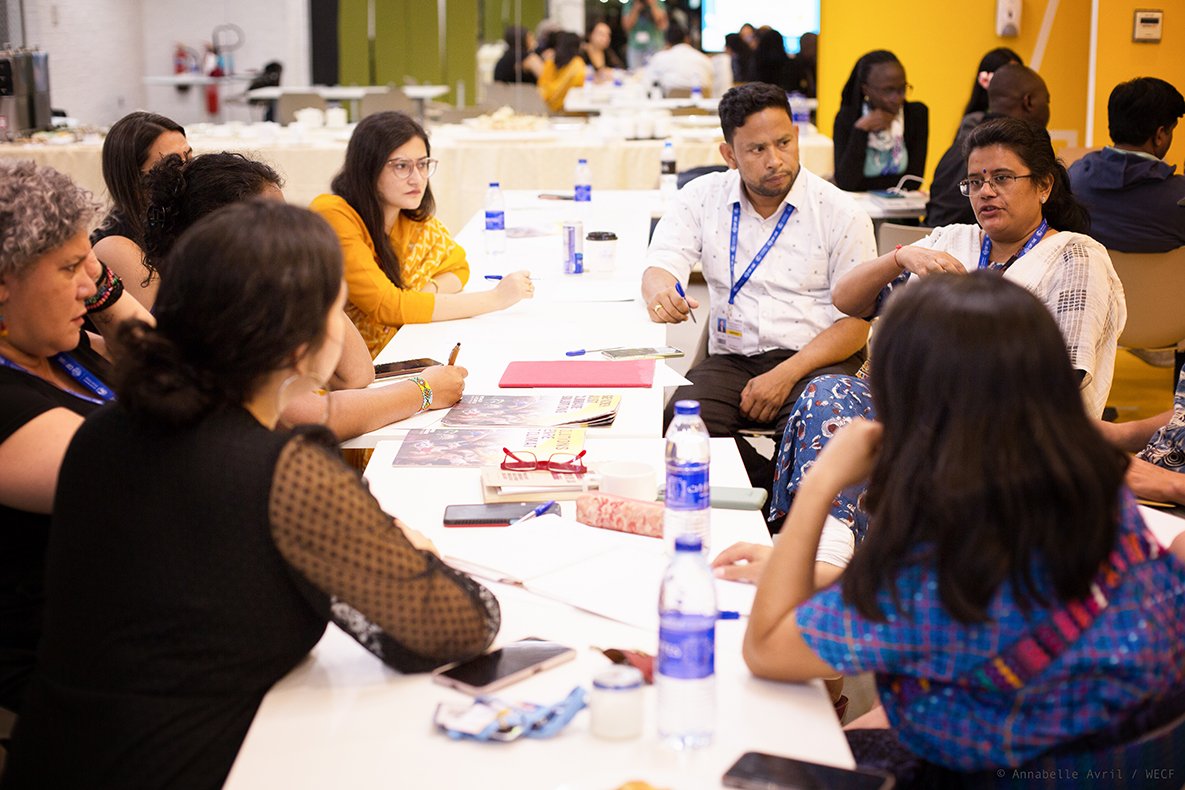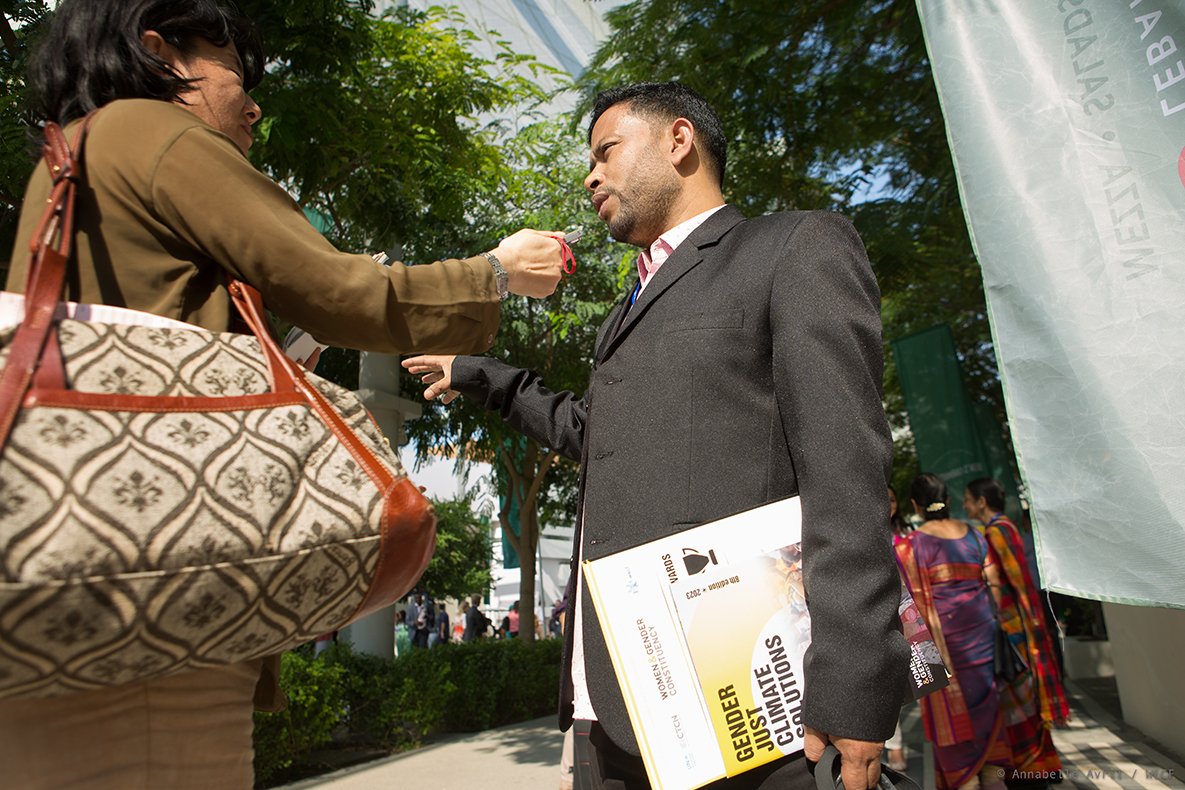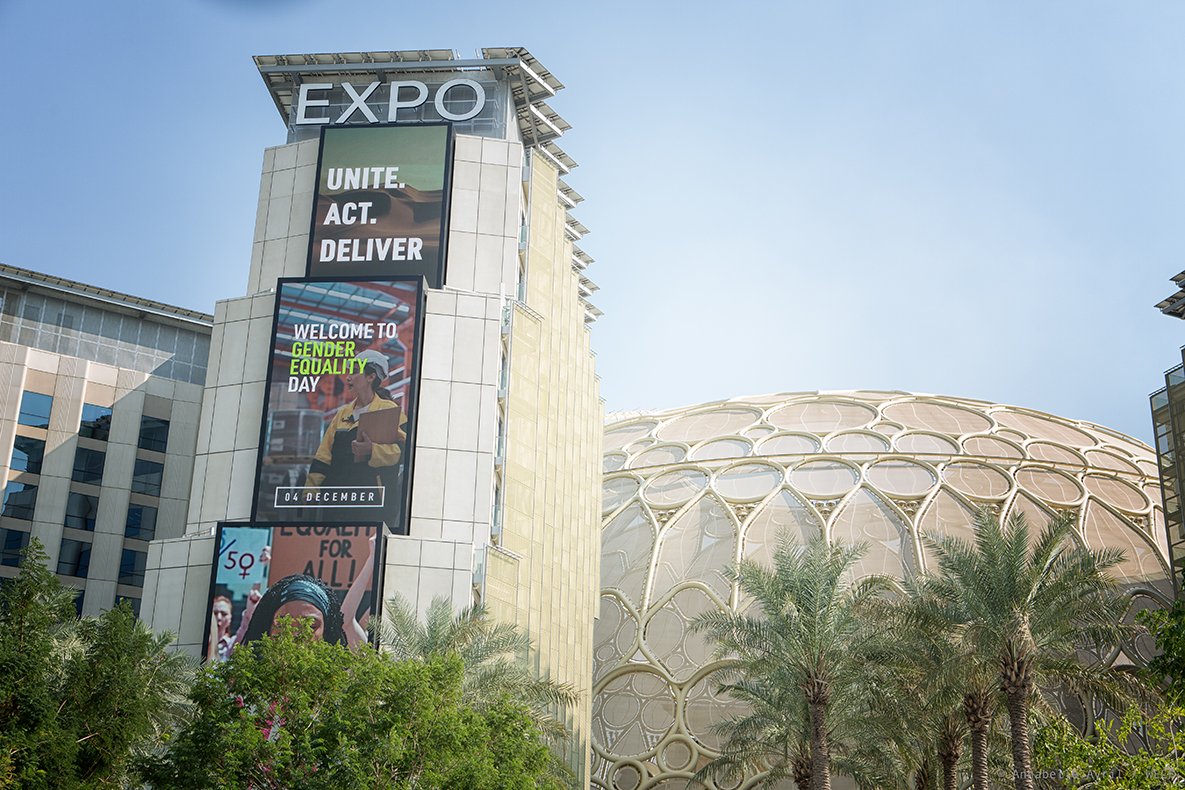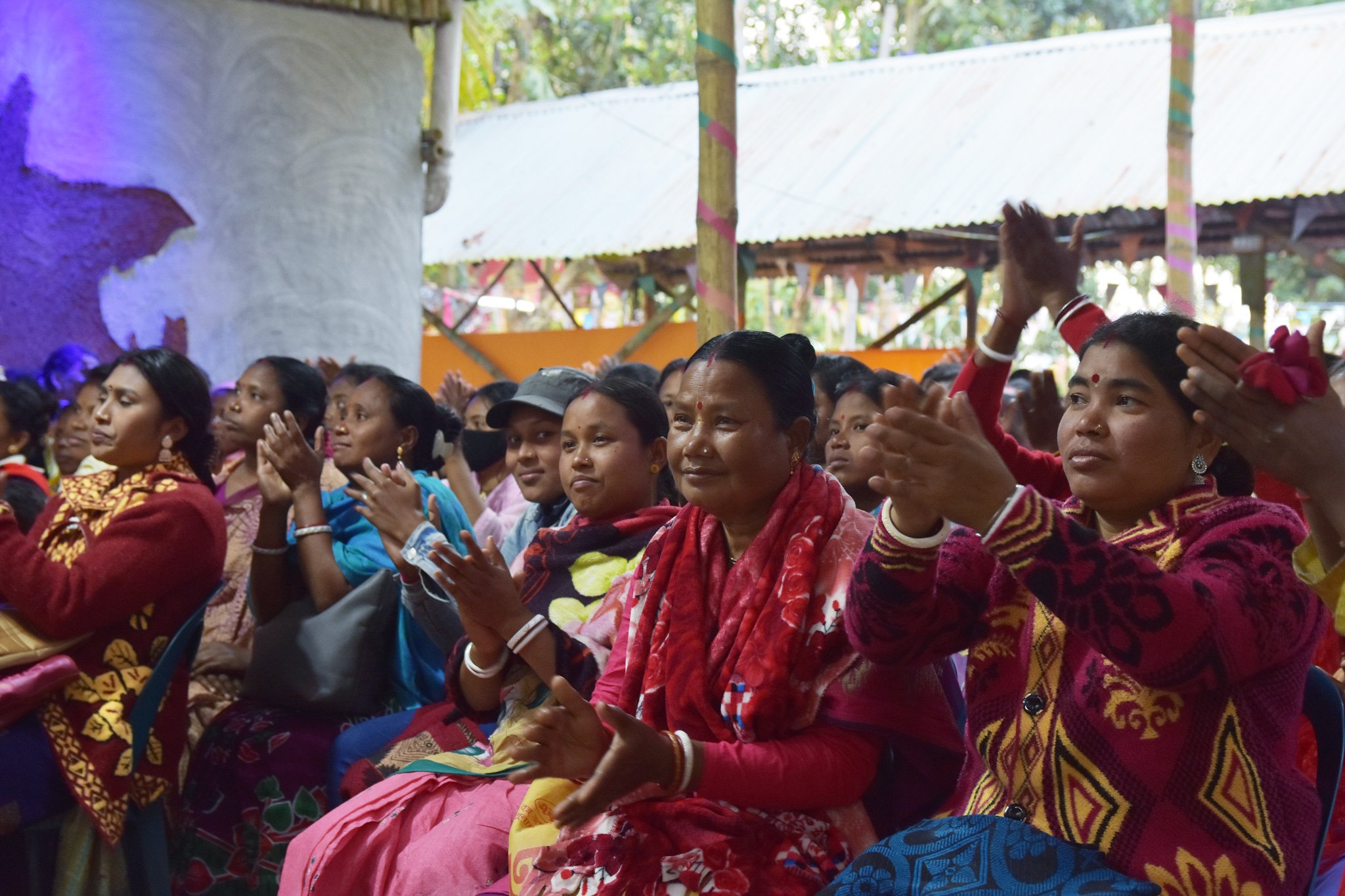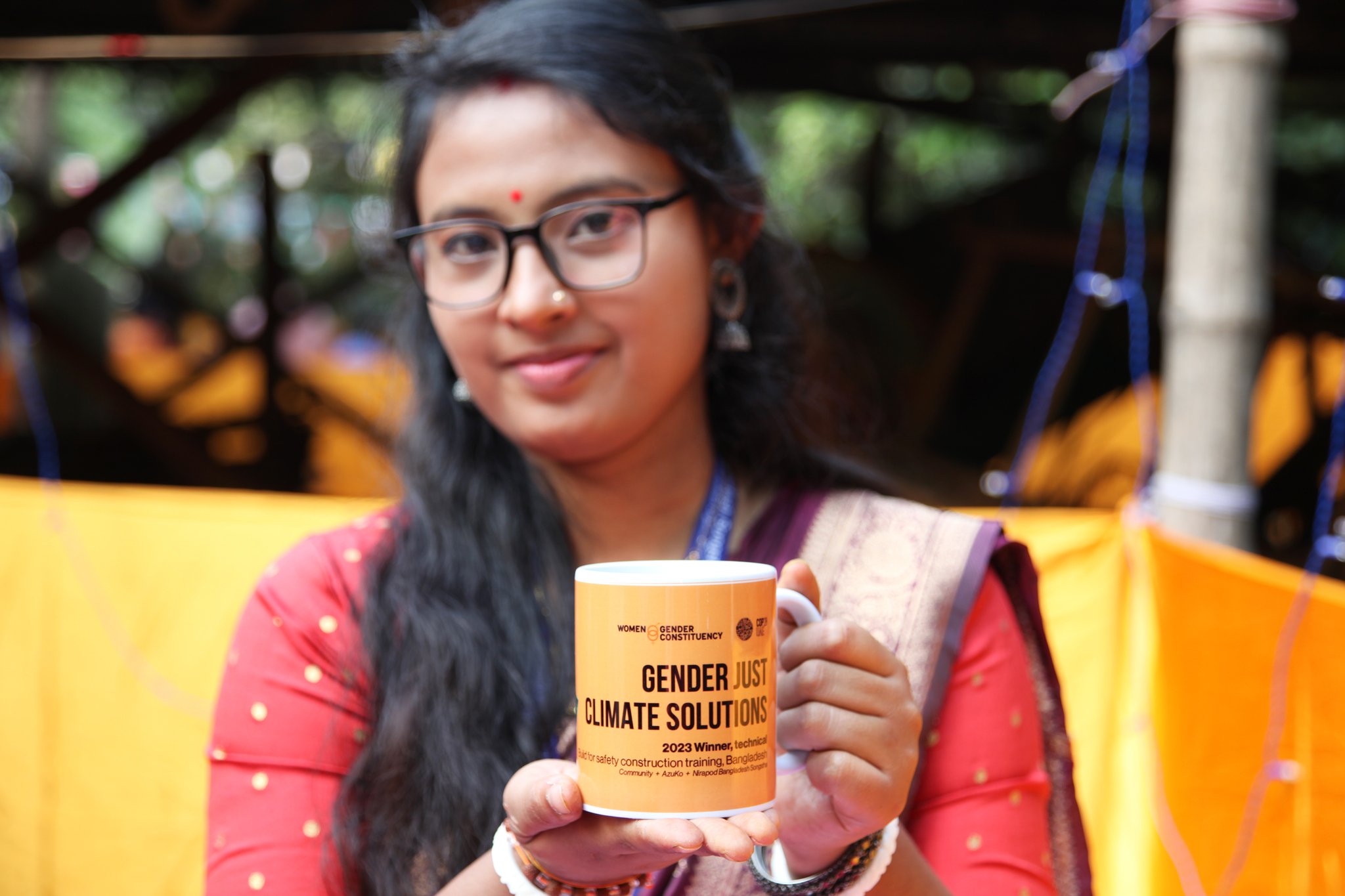2023, what a year! We’ve been working to reach even more families living in housing poverty – delivering design and construction training, providing housing advice, and scaling up our building work. Here are a few memorable moments:
JANUARY
Kicked off our a project to build decent toilets for families without. We’re working across Rangpur division in Bangladesh, which has the highest rate of open defecation.
FEBRUARY
Collaborated with Engineers Without Borders UK to deliver ‘Reshaping Engineering’ virtual design challenge, for the 3rd year running. We’ll be setting engineers a new challenge in 2024 →
MARCH
Delivered our Designing with dignity course in Abergavenny, rural Wales. This hands-on course inspires students to design more ethically and collaboratively. Join our next cohort in Devon, UK on 9 and 10 March →
APRIL
Milestone: We have raised over half a million pounds since AzuKo began in 2014 – to help end housing poverty. If you believe in building a fairer world, please consider a regular monthly gift →
“I think this journey is going to be one of the most memorable journeys of my life. I’m not going to ever forget it.”
MAY
Welcomed four new trustees – Jakhya, Jeff, Ray and Emma – to the team. They bring expertise in social impact, finance, sustainability and engineering.
JUNE
Trustee, Jakhya visited our projects in northwest Bangladesh, connecting with the women we work with and listening to their ideas for change. Read about her trip →
“There are so many benefits [of this toilet]. My girls can easily access it. It’s private and safe... It’s ours.”
JULY
Word spreads about our women’s savings groups, which offer access to low-interest loans for housing improvements. Regular finance workshops began in summer.
AUGUST
Analysed feedback about building healthy kitchens. Floor upgrades are seen as the most impactful, not only for health, but also saving time due to reduced maintenance. Hear from Sumita →
SEPTEMBER
Jess and Darren took on Swim Serpentine, the two-mile open water challenge around the world-famous lake, in London's Hyde Park. They raised over £600. Set yourself the challenge of a lifetime, in aid of AzuKo →
OCTOBER
Led the next stage of consultation, to support the community of South Woodford create a vision of development. We built a digital platform to drill down into their ideas for greenspace, public space, sustainable infrastructure, and amenities.
“We lack one central multipurpose inclusive space that serves all ages and communities.”
NOVEMBER
Launched our Big Give fundraising campaign, raising over £20k to build more toilets in 2024. Thank you to everyone who donated to our appeal – we couldn’t do it without you!
DECEMBER
Won the Gender Just Climate Solutions Award, at the United Nations Climate Change Conference (COP 28). The award recognises our contribution to gender equality and climate justice, by training women in construction.
With the New Year, comes renewed energy.
